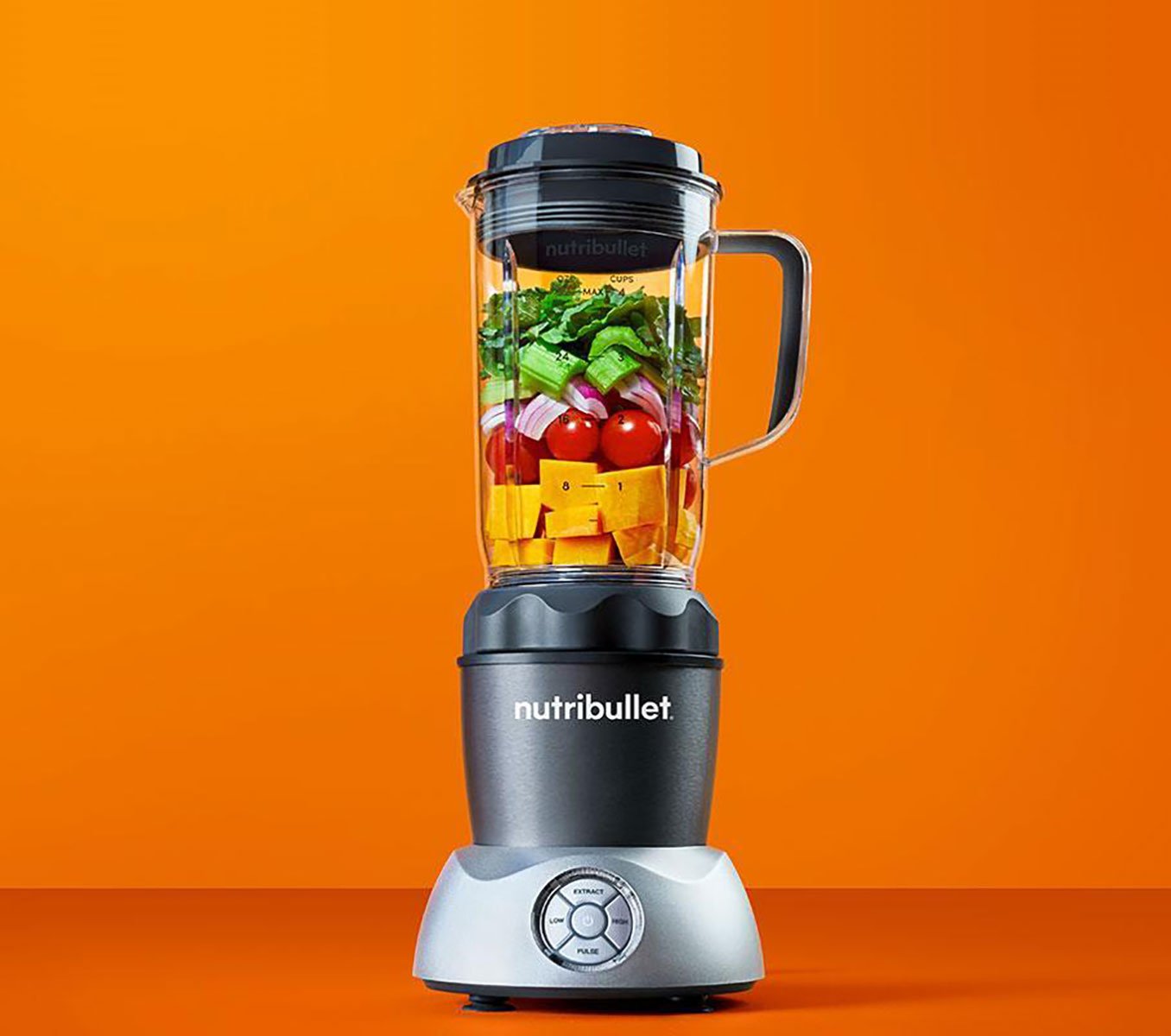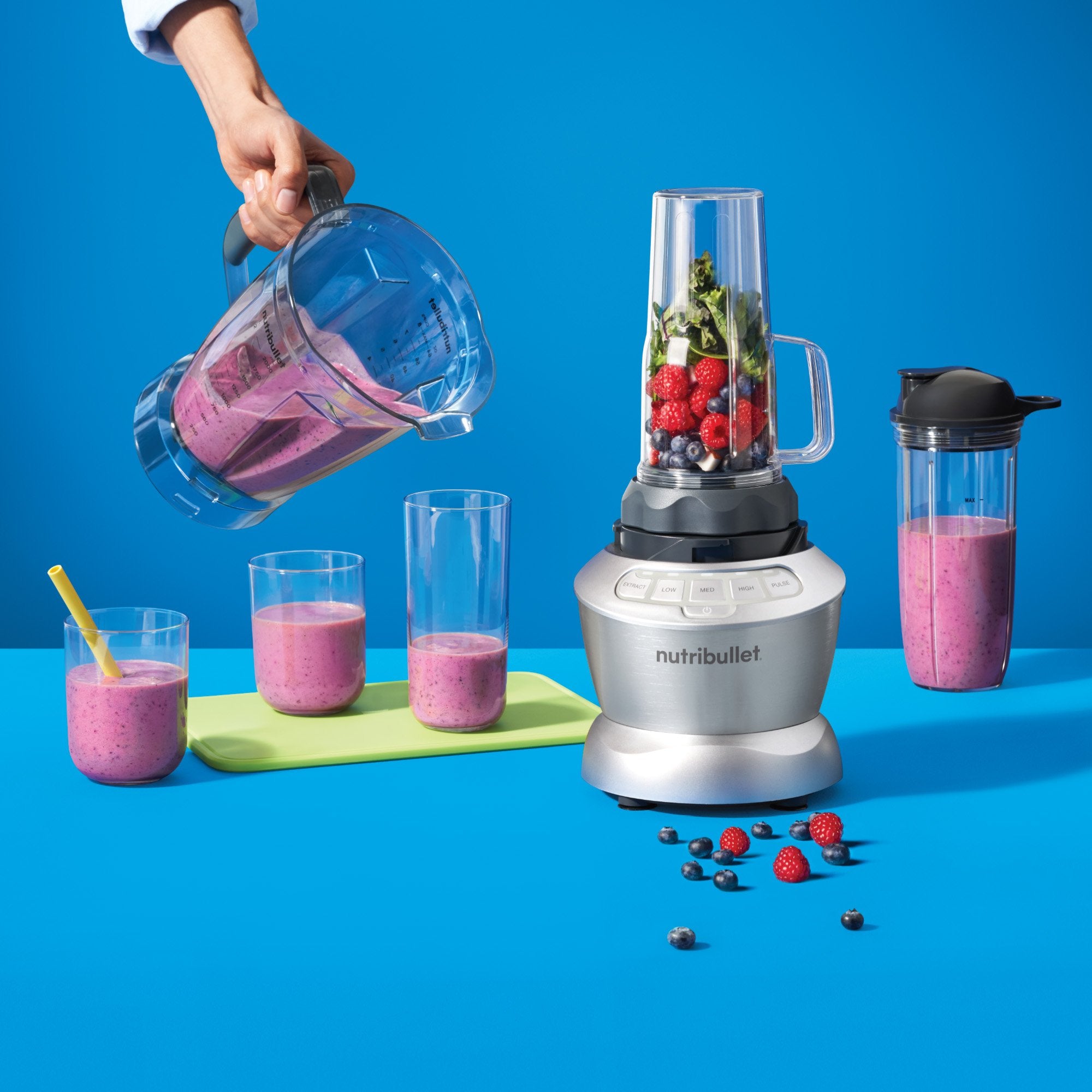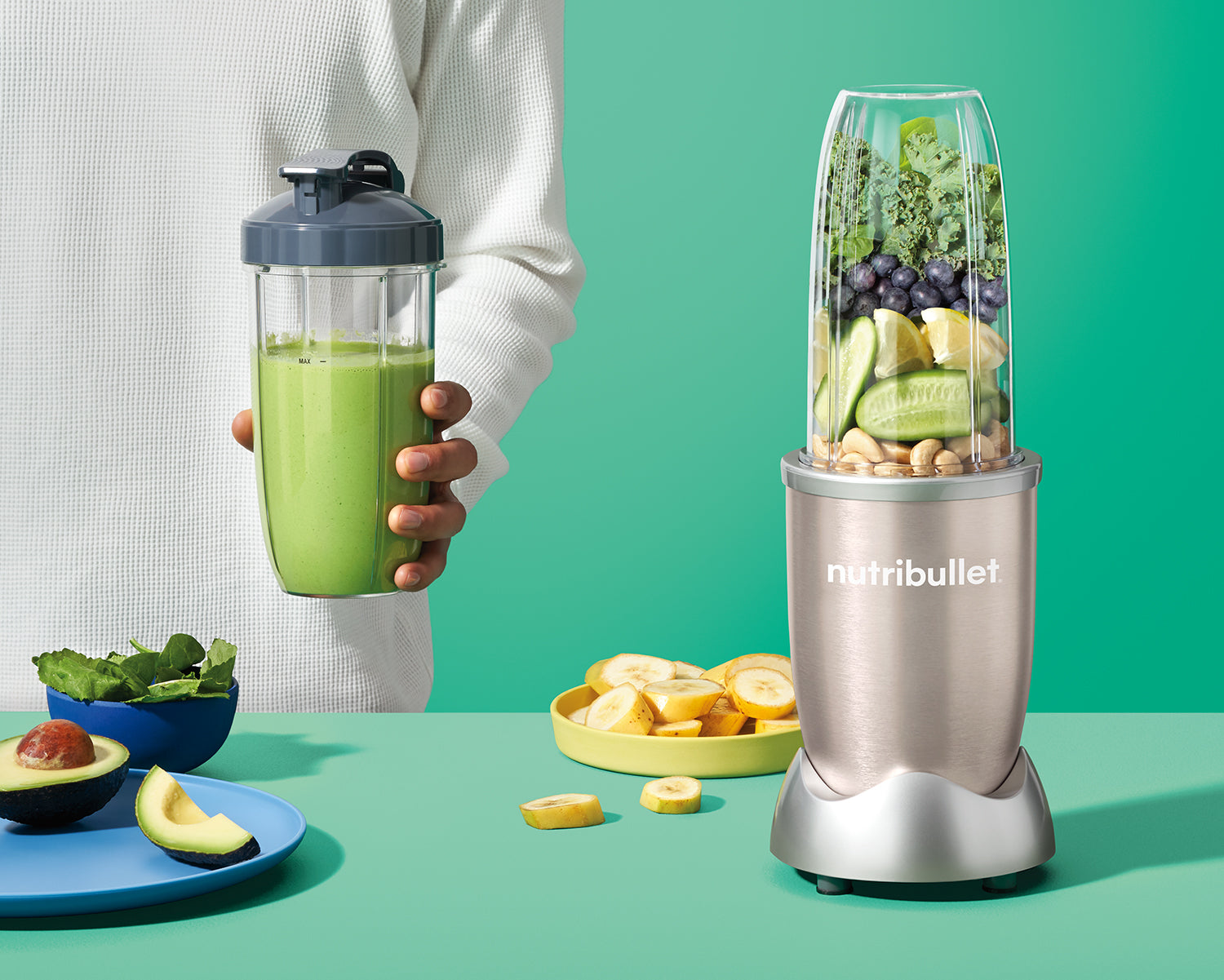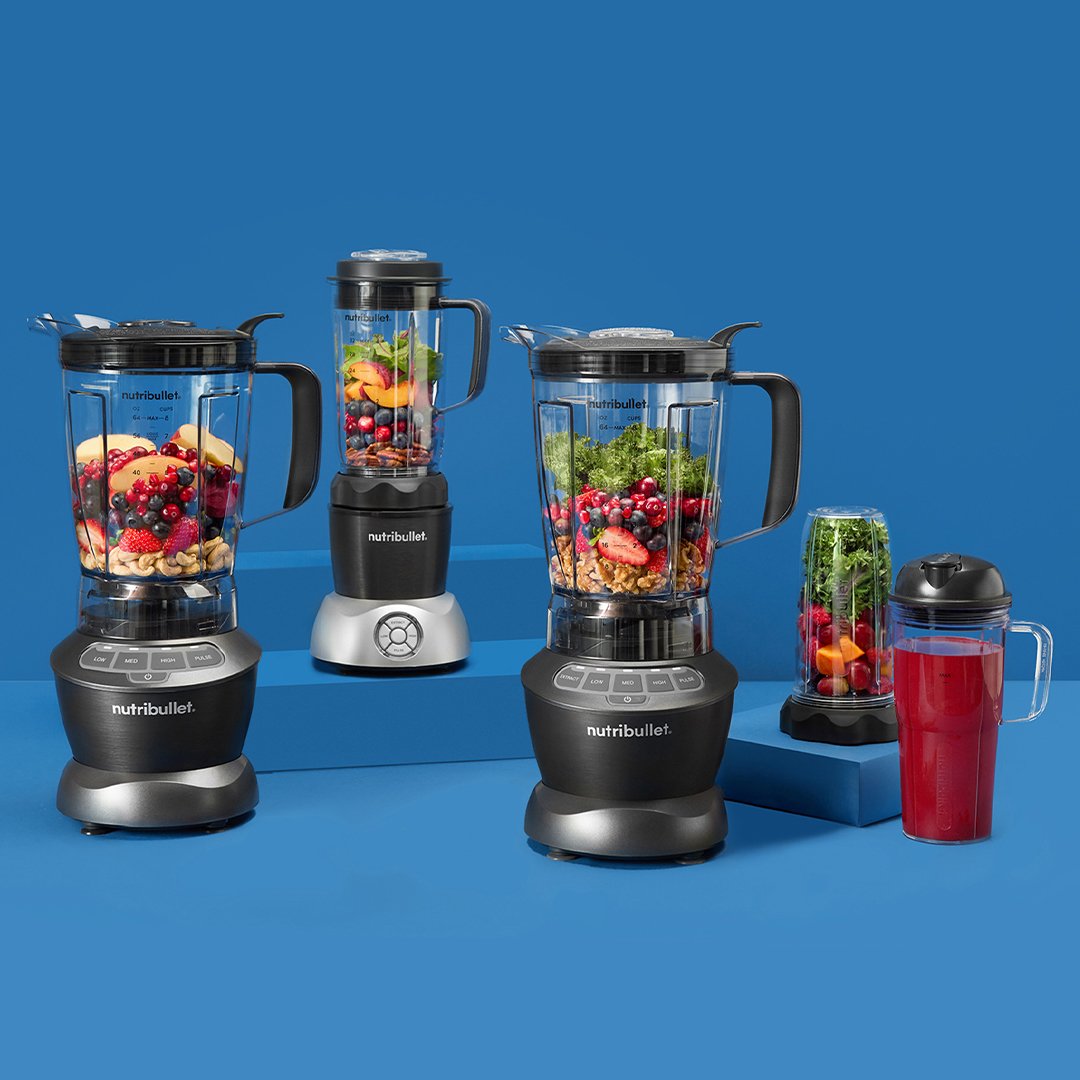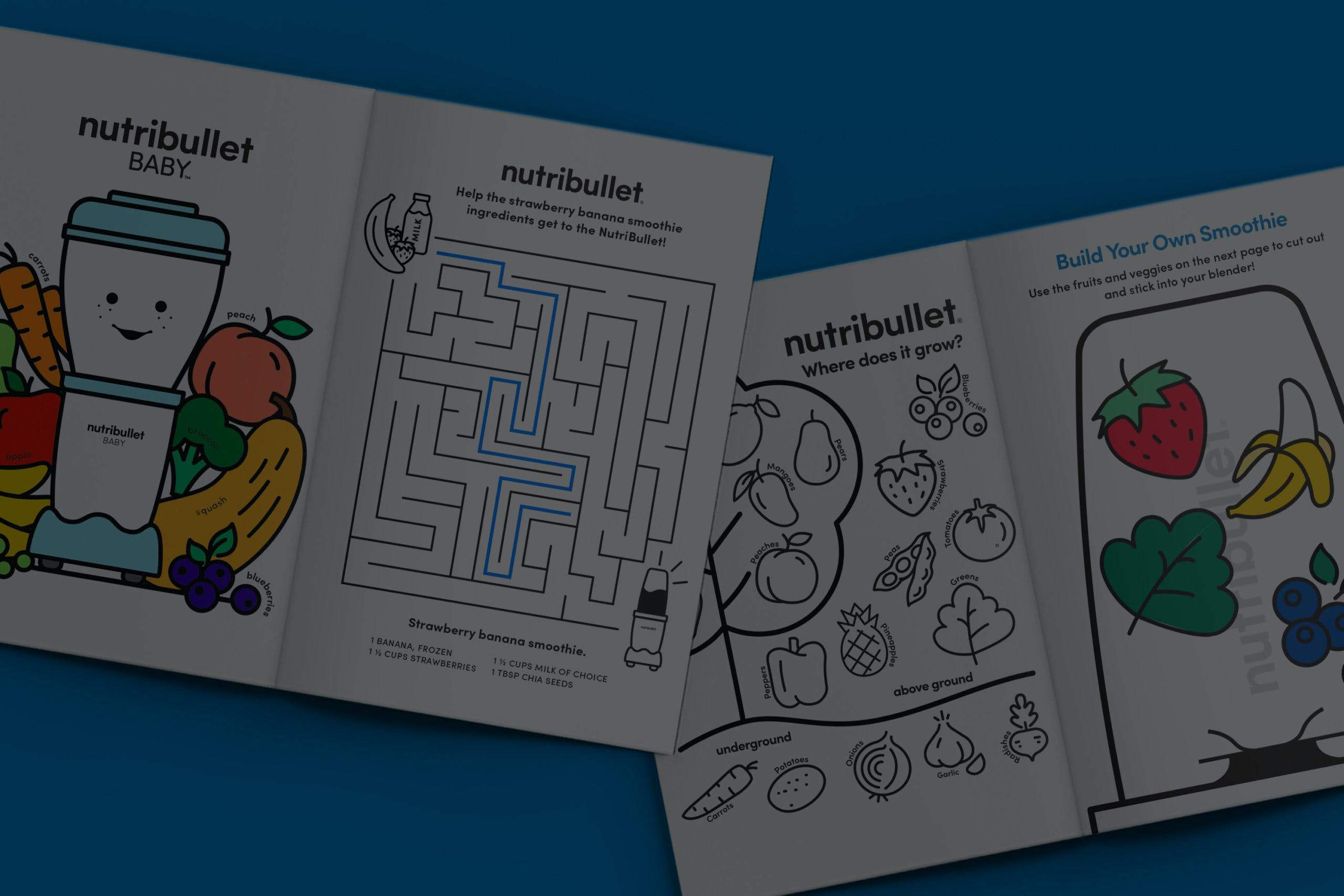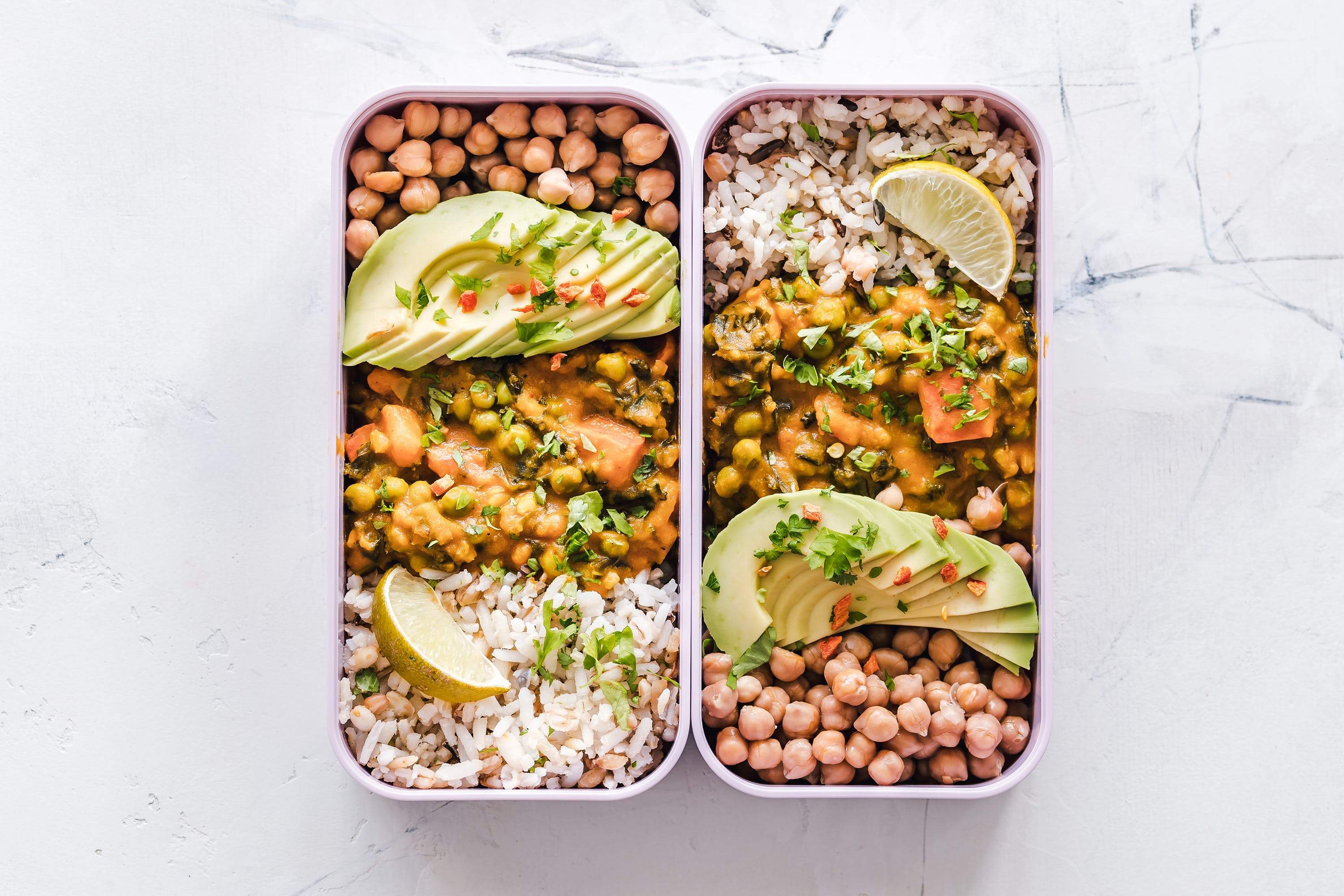Throughout my practice, I have found that a common struggle my patients face is weight loss. No matter the diet or the exercise, they feel like their body is working against them and they cannot lose the weight they want to.
Statistics say that even those who are successful in losing a significant amount of weight gain back one third or one half within a year, or often less.
Low-Carb or Low-Fat?
The battle continues on whether a low-fat diet or a low-carb diet has the longest effects on weight loss. However, new research has concluded that the two are actually equal in success (and failure) rates.
Dr. Christopher Gardner put together a scientific team from the Stanford University School of Medicine and organized a clinical study to get to the bottom of the low-fat/low-carb debate. A group of 609 men and women between the ages of 18 and 50 were recruited.
Half of the participants were instructed to maintain 20g of fat per day for two months, then gradually add fat back into their diet until they felt it was at a level at which they could maintain long-term. The other half of the participants were given the same instructions but with 20g of carbs rather than fat.
Both groups were given the additional dieting instructions:
- Focus on nutrient-dense, minimally processed whole foods.
- Maximize vegetable intake.
- Minimize refined flour, trans fats, and sugar intake.
- Prepare meals at home whenever possible.
Throughout the study, each participant attended 22 dieting and nutrition classes to help them on their weight loss journeys.
After a full year, the average weight loss for each participant was 13 pounds, with some losing as much as 60 pounds and others gaining as much as 20 pounds. This included those on the low-fat diet as well as those on the low-carb diet. The average calorie intake for each participant was also similar for both groups at the end of the study.
After several other tests, such as blood pressure, insulin, and blood sugar levels, the results showed that low-fat and low-carb diets are not what makes a difference in weight loss. In fact, they seemed to be almost identical in all categories.
However, the study showed overwhelming results that a focused diet on home-prepared whole foods and vegetables – even without counting calories – is incredibly effective in weight loss.
Though the study has been incredibly eye-opening and opened many doors for further weight loss and dieting research, it also turned out to be rather simple. The most accessible foods these days are too processed and refined to carry any type of nutritious value for your body. So, the only way to really give your body what it needs to thrive is to shop for whole foods.
Another very important factor throughout the study was that the participants were encouraged not to subject themselves to a strict diet, but to develop good eating habits that they felt they could maintain indefinitely. I have found that if a patient’s diet leaves them hungry and deprived, they are more likely to drop it as soon as they can, rather than develop a healthy lifestyle.
The key to weight loss – and ultimately finding a lifestyle that suits you and your health needs – is to steer clear of any processed or refined foods, trans fats, and added sugars, and consciously purchase and prepare those whole foods and vegetables. These suggestions will help you go the extra mile in giving your body the nutrition and energy it needs throughout your life.
Partha's Prescription
- Shop the perimeter of the grocery store. Focus on fresh fruits and veggies, nuts and seeds, clean meats and dairy. Avoid the center isles full of processed foods and snacks.
- Make more home-cooked meals. This way you know everything that is going into your body. Even if you do not follow a specific guideline for what you cook, just the fact that you are making it at home is going to have a positive impact on your health.
- Meal prep. A lot of people complain about how they do not have time to spend in the kitchen and cook. If this is the case, take a 4-hour block once a week to meal-prep all your food. You can literally cook and prepare everything you are going to eat for an entire week and have it easily accessible in the fridge. You can also put together meals until the final step so you can easily put them in the oven or finish prepping when you are ready to eat.
- Green smoothies. If you are having a hard time getting your daily intake of fruits and vegetables, start your morning with a green smoothie. Take a couple large handfuls of greens, throw in frozen berries and half a banana, blend in water or milk, and voila!
Find this and other health-promoting articles by Dr. Partha Nandi on his website, Ask Dr. Nandi.
Nutritional information
Recipe: Creamy Green Strawberry Dream Serving in this recipe:1
- Calories: 236.6
- Total Fat: 3.6 g 5.5%
- Saturated Fat: 0.4 g 1.9%
- Cholesterol: 0 mg 0%
- Sodium: 358.7 mg 14.9%
- Total Carbs: 45.7 g 15.2%
- Dietary Fiber: 9.9 g 39.4%
- Sugar: 22.1 g
- Protein: 8.1 g 16.2%
- Vitamin A: 481.9% Vitamin C: 244.1%
- Calcium: 68.5% Iron: 26.1%
* Percent Daily Values are based on a 2,000 calorie diet. Your daily values may be higher or lower depending on your calorie needs.


